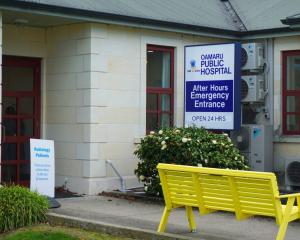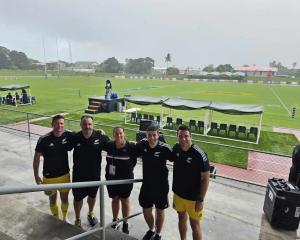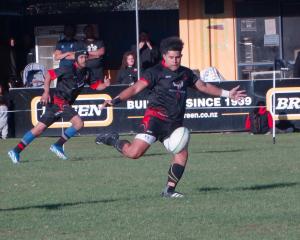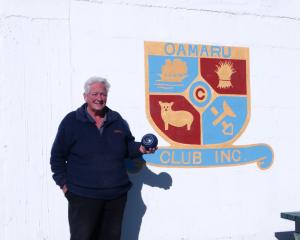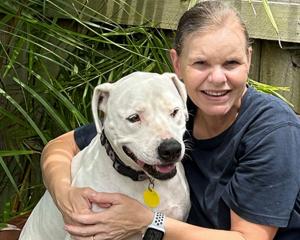On Wednesday the council will consider investing more in the company so it can expand the irrigation scheme. Mr Kircher says the district as a whole has benefited from the scheme since it started in 2006.
That includes not only in economic terms, but socially by attracting new families, boosting job numbers and in rating terms by spreading the financing of the district across farms that now have far higher values.
Ratepayers also benefit by their money being reinvested in the district and receiving a slightly higher interest rate than if it was on deposit at a bank, which could invest it anywhere.
However, the council has made a concession to those who question increasing the loan, by reducing its planned investment from a total of $22 million to $17 million.
Mr Kircher said that had been done after reviewing future financial demands, to ensure there was enough money to cover foreseen needs without running short and the council's
having to borrow money. The council's involvement in the scheme goes back to 2006 and the first stage of 10,000 ha when it loaned $10 million, money it had in reserves or depreciation accounts, to provide additional infrastructure so the scheme could be expanded in a second stage.
With interest, that had now grown to about $12.5 million.
The company is now promoting the second stage of 7000 shares, which will only go ahead if there is a 50% take-up.
Last month the company approached the council to borrow more money for the second stage, now up to $17 million (which includes the accrued $12.5 million).
That would have greater security, at an interest rate between what the council would receive from a bank and what the company would pay on a bank loan. Interest would be paid quarterly and the loan repayment date set at 2022.
If the council does not approve increasing the loan and extending it, the company will still be required to pay what is owing in 2016, with banks lending what was then required.
''Our preference is to be involved and help make the scheme happen whilst still earning more return for our ratepayers,'' he said.
One hidden benefit from irrigation had been the dramatic effect on property values in stage one, which had broadened the council's rating base.
The council had studied six properties that joined the first stage in 2006. Before irrigation they had a land value of $5.8 million, but after irrigation it rose to almost $19 million.
The capital values of those same properties rose from $7.92 million to almost $24 million.
In 2007, those properties paid total rates of $35,714, and this year they were expected to pay almost $70,000 - almost 100% more.
Rates on an typical urban property in Arun St, Oamaru, were $1550 in 2007 and this year $1949 - a 26% rise.
In addition, the large increase in the number of new and refurbished houses in the irrigated area meant they were contributing more through the ''separately used and inhabited property'' rate (used to be uniform annual charge) to community cultural and sports facilities.
There were also more people to share in the costs of services, such as rural water schemes.
''It's all helping spread the load, helping all other ratepayers meet the costs of the district,'' he said.
The new loan will also have greater security than the existing one. Mr Kircher said other benefits already recognised in an economic benefit study of the first stage included the fact 274 new jobs had been created in the district.
Farms now earned $44 million a year more than before, with $29 million of that spent in local towns and communities.
There had been the huge flow-on effect from on-farm investment, including new houses and other construction.
Socially, population growth was higher than predicted, there was a higher proportion of people aged 15-64, a higher proportion of children up to 15, higher household and personal incomes and more fulltime employment in the irrigated area.



